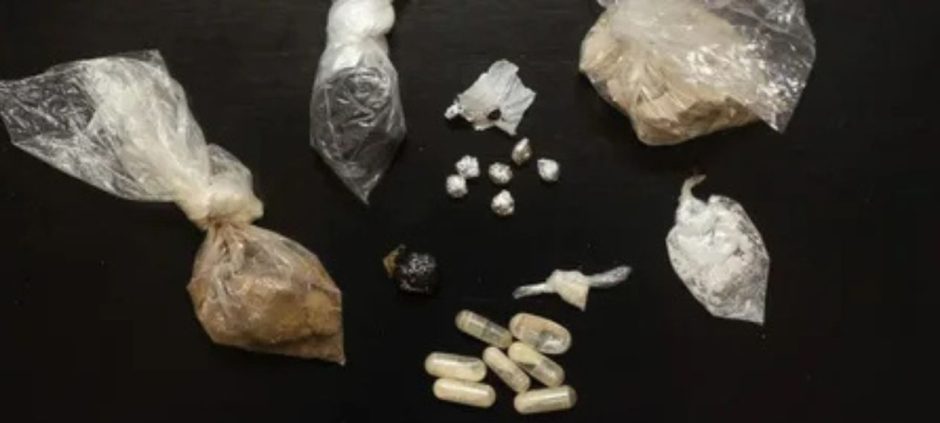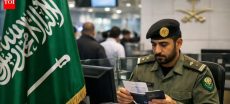Heroin-filled capsules were recovered from a couple’s stomachs at Peshawar Airport in a shocking incident that highlights the ongoing challenges of drug smuggling in Pakistan. Authorities said the couple was detained after suspicious behavior raised red flags during routine security checks. The recovery of these capsules underscores the dangerous lengths smugglers go to transport narcotics.
Officials reported that the capsules contained high-quality heroin, with an estimated street value running into millions of rupees. The couple had ingested the capsules, attempting to evade detection, which posed severe health risks. Medical personnel closely monitored the individuals as the capsules were safely retrieved.
In a related development, authorities at Karachi Airport recently discovered heroin worth millions hidden in a sack of potatoes, showing the diverse methods traffickers use to transport illegal substances. Such incidents highlight the vigilance and preparedness of Pakistani airport security teams in countering drug trafficking.
Experts note that heroin smuggling continues to be a major concern in the region, with organized networks employing sophisticated methods to evade detection. The Peshawar Airport incident is a reminder of the constant risks faced by authorities working to intercept narcotics before they reach public circulation.
Authorities have now intensified screening procedures and risk assessments to prevent similar attempts. They urge passengers to cooperate with security checks and report any suspicious activity to help curb drug trafficking.
The recovered heroin-filled capsules in Peshawar mark yet another serious case in Pakistan’s ongoing battle against narcotics. With both health and legal consequences at stake, incidents like these not only endanger those involved in smuggling but also highlight the critical role of airport security. The combined efforts of law enforcement and medical teams have successfully averted a potentially deadly situation, reinforcing the importance of vigilance in national security.











